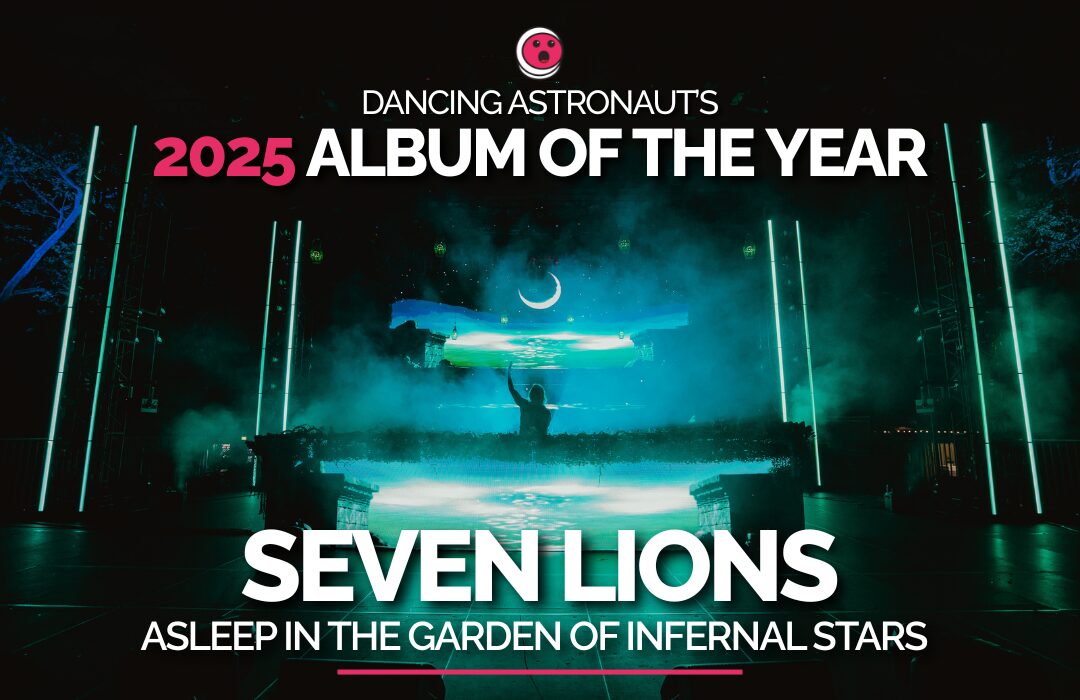WARNING: The following contains spoilers for Episode 12 of Jujutsu Kaisen, "To You, Someday," now streaming on Crunchyroll, AnimeLab and HBO Max.
In a 2020 interview with German magazine Japandigest, Gege Akutami described the influences for Jujutsu Kaisen, citing the "found-footage" genre of supernatural horror as an “obsession.” While their shared setting in the supernatural world of curses might make this seem apparent, the relationship is more complex.
Supernatural horror -- popularized by films like Shirome (2012), Occult (2009) and Noroi (2005) -- features slow and convoluted stories brimming with psychological terror, brought about by its protagonists' dawning awareness of the supernatural forces manipulating them. While Jujutsu Kaisen's shonen structure complicates a direct emulation of the genre, the "Vs. Mahito" arc from its first season borrows heavily from the "found-footage" film genre -- in particular the cult classic Noroi.
The Plot of Noroi (2005) & Common Qualities With Jujutsu Kaisen
A synopsis of Noroi ("The Curse") reveals much in common with Jujutsu Kaisen's themes and setting. The film begins with cryptic titles, the discovery of a tape and an ominous disclaimer. The card reads "No matter how terrifying, I want the truth" while the disclaimer describes this fictional documentary as "too disturbing for the public."
The next two hours of slow-building tension and confusion feature the dogged and hapless journalist Kobayashi, TV presenters, academics, mediums, priests and one tin-foil dressed conspiracy theorist -- all of whom eventually fall under the machinations of a malevolent being, the film's titular "Curse".
At Noroi's disturbing climax following possessions, murders, sorcery and human sacrifice, it becomes clear that Kobayashi's curiosity and empathy -- manifested in the videotape itself -- has enabled evil to prevail.
"The Heart Is the Mechanism of the Soul"
The strongest parallels to the supernatural horror genre emerge in Episodes 9-12 of Jujutsu Kaisen. Featuring its own cryptic titles, an investigation of strange deaths and distorted found-footage, the story centers on a boy named Junpei Yoshino. Bullied constantly and mercilessly, Junpei skips school.
Meeting his bullies at the movies, he wishes them dead and, to his shock, discovers their lifeless mutilated corpses with a strange man standing over them. The man smiles at Junpei and soon reveals his "truth": that people are disposable, and Junpei's hatred has raised a special power in him, which he will help the boy cultivate. He encapsulates his philosophy in a cryptic statement: "The heart is the mechanism of the soul."
The Truth of the World in Jujutsu Kaisen
As disturbances occur at the school and in town, Yuji Itadori confronts, then attempts to befriend Junpei. However, the boy disappears after suffering a mysterious personal loss, soon reemerging in an attempt to sacrifice his fellow classmates. At their final confrontation, Yuji meets Junpei's shadowy mentor, revealed to be a living Curse named Mahito. Mahito explains to Yuji that he has used Junpei to get to him, and to emphasize his point, subjects the boy to an excruciating and horrifying death. He then mocks Yuji for refusing to acknowledge the "truth" of this world.
Horrified and enraged, Yuji appeals to his own latent Curse, Ryomen Sukuna to help him avenge Junpei. However, Sukuna -- aware of Mahito's ruse yet similarly indifferent to Yuji's sentimentality -- refuses. Though Yuji escapes in the end, he is profoundly disturbed by Junpei's death, the inhuman indifference of Curses and his own idealism's negative consequences.
While it's indebted to Noroi and the film genre at large, Jujutsu Kaisen also differs significantly. Its familiar rhythm of training and bonding, elucidation of its supernatural setting and contests of wills all contrast with the persistent confusion, gradual disempowerment and ultimately hopeless battles of supernatural horror, whose protagonists can do little more than witness and scream in the end.
Nevertheless, Jujutsu Kaisen challenges its own shonen form by creatively integrating these horror elements. In the "Vs. Mahito" arc, Yuji must witness both Junpei's loneliness and his own empathy co-opted, proving Mahito's dictum that "the heart is the mechanism of the soul." Yet with respect to the ongoing story, the total effect of even these limited borrowings is vast and bleak -- that is, though Yuji Itadori aspires to be a shonen hero, the world of Jujutsu Kaisen has other plans.
About The Author

